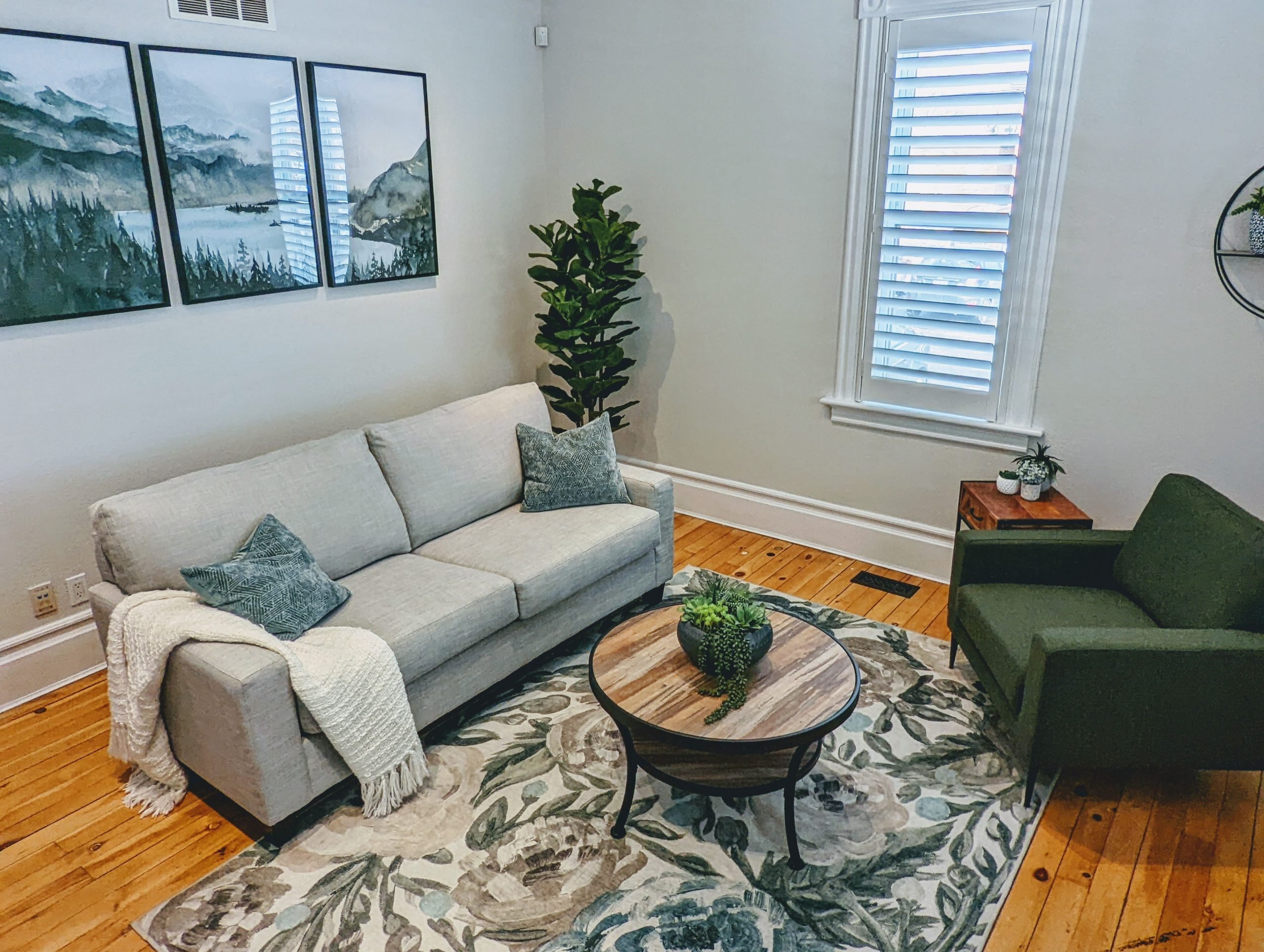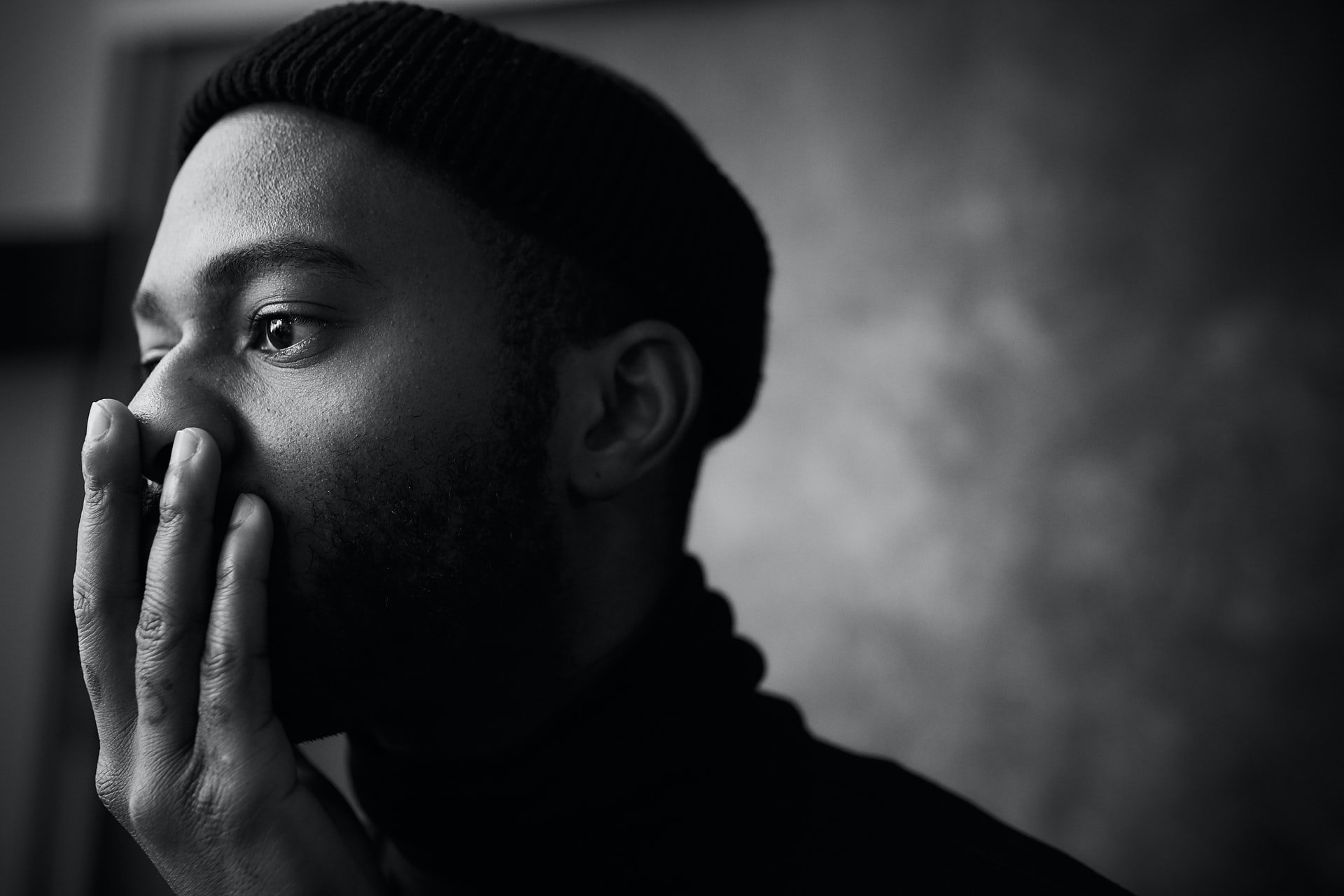10 Great Questions To Ask a Therapist - Trillium Counselling
If you’re new to therapy going to your first session may feel a bit daunting. After all, people don’t usually discuss their experiences in therapy, which makes it seem mysterious. On top of that, the process may involve intense emotions, and those can be difficult to face.
Even those who may have done counselling or therapy before, may now be looking to start online counselling for the first time which can have new or unfamiliar elements for you.
It’s important to remember that therapy is a collaborative process. You and your therapist will work together; you’re not handing over control to them. This is your journey, and they will offer expert, compassionate guidance along the way.
That said, it can be comforting to have a concrete idea of what your first appointment will look like. In order to feel more settled, you may want to learn more about the process and what questions to ask a therapist.
Getting to know you
As with any new interaction, the first thing to do is learn some basic facts about each other. Prior to your first session, you will be given an intake form to complete, this will help your therapist to understand what you are looking for in therapy and what challenges you are currently facing.
Your therapist will ask you about what brings you to therapy, and they will have some questions to clarify what symptoms you’re experiencing and how severe they are. They will also want to hear about things such as your background, if you’ve tried any form of therapy before, and what your experience was like.
But this isn’t just an opportunity for them to learn about you. If therapy is going to be effective, you must feel confident in your therapist’s abilities and the direction you’re taking. It’s appropriate for you to ask them about their professional details as well.
Most of the information you need will probably be offered by your therapist, but if anything isn’t covered, feel free to ask questions. Your therapist will be used to many common questions to ask a therapist, as everyone has been new to therapy at some point.
Your therapist will not be offended by your interest. If you’re not sure what to ask or where to begin or what questions to ask a therapist, here are some suggestions:
What are good questions to ask a therapist?
1. What is your approach to therapy?
It’s helpful to know at the beginning how your therapist likes to proceed. If you were recommended a particular style of therapy (i.e. Cognitive Behavioural Therapy, Mindfulness etc.) you can ask for more information about how these types of therapy works, or how your therapist will know you’re making progress.
It is common for individuals to come to therapy with little or no knowledge of specific therapy approaches as clients are typically looking for relief from symptoms of mental health issues such as anxiety or depression.
It’s also quite common for therapists to use an eclectic approach with clients and draw from a variety of therapies depending on the client and what may work best for each individual.
2. What qualifications do you have?
You have a right to know their education and experience, as well as how many years they’ve been working as a therapist.
Is your therapist a Registered Social Worker (MSW, RSW) or a Registered Psychotherapist? Unsure of the difference between the two? -> Whats the difference?
Not all therapists qualifications are the same, and depending on if you are using your insurance benefits for your therapy sessions, the specific qualifications may determine if you have coverage or not.
3. Have you worked with issues like mine?
Whether you’re dealing with common problems, such as depression and anxiety, or you have more specialized needs, such as an eating disorder, it’s good to know their area of expertise. While any therapist should be trained to deal with most problems, if you have unique concerns, it may be worthwhile to find someone who either specializes in that area, or has had specific experience helping clients with these issues in the past.
4. Is your treatment approach evidence-based?
Psychology is a science, and that means that treatment should be backed up by data. There are a number of evidence based therapies such as CBT (or Gottman Therapy for couples) that have a great deal of research that demonstrates its effectiveness.
5. How often would you expect to meet?
If you’re going to commit to therapy, you’ll need to know if you can fit it into your schedule. Online therapy sessions may help you carve out enough time if you have a busy schedule, so this would be a good time to ask if that is available.
6. How long will therapy continue?
This can depend on what you are coming into therapy for and how you utilize the therapeutic process. CBT for example is a goal-focused form of therapy, so it usually doesn’t take as much time as you’d expect. Significant improvements are often seen in eight to 20 sessions. You don’t have to start the process with no end in sight, which can feel overwhelming.
7. What can I expect from a typical session?
Having an idea of what sessions will look like may help reduce any anxiety you may be feeling about what’s coming. You can also discuss any homework or reading your therapist may ask you to do.
8. What is your fee?
This information is typically shared prior to even booking an appointment, but if you are having a free consult with your therapist prior to booking, be sure to ask.
You’ll need to fit the fee into your budget, so it’s important to know what you’ll have to pay. If finances are a concern, discuss that with your therapist.
9. What information is confidential?
You must feel safe if you’re going to share sensitive information in sessions. A discussion about the professional confidentiality requirements may help you feel more secure.
10. Anything else that you’re worried about.
If there’s something that you’re concerned about, go ahead and bring it up. Your sexual orientation, religious beliefs, cultural background, and other parts of your identity should not impact the care you receive. If you feel anxious about that or any other perceived barrier to therapy, now is the time to talk about it. A professional therapist should be able to put your mind at ease.
Ready to move ahead?
Once you and your therapist have gotten the preliminary information, you can move on to planning your course of therapy. They will probably ask you a lot of questions, as they get a detailed history of your symptoms and contributing factors.
Finally, you will identify your goals for therapy together. You may come into the meeting with a clear picture of what you hope to achieve, or you may have no idea. Either way is fine; your therapist is there to help you explore questions like this. Together, you will identify the skills you want to work on to help you move forward.
Your session will probably end with your therapist giving you some work to do before the next session. This could include things such as a journaling exercise, mindfulness techniques, or something to read. Working on your own between sessions is an important way for you to practice the skills you’ll be learning and become comfortable using them.
If you’re ready to start caring for yourself through therapy, congratulations! You’re taking the first step toward the life you want to live. Although it may seem a little scary to begin, the time and effort you’re investing will be worth it in more ways than you realize.
If we can help you at Trillium Counselling, please contact us today. We offer free 20-minute phone consultations to help you find the counsellor who is the right fit for you.
%20(1).png?width=200&height=80&name=Trillium%20Counselling%20Logo%20(999%20x%20398%20px)%20(1).png)
.jpg)

